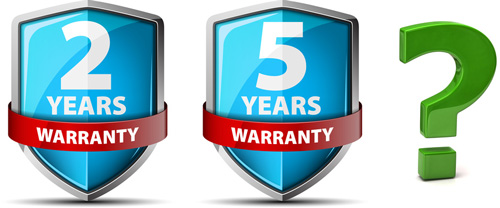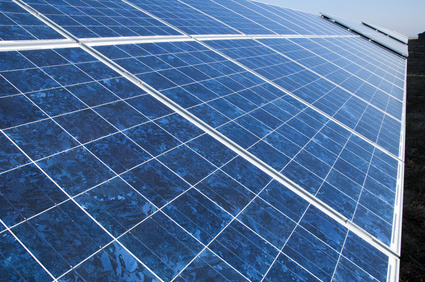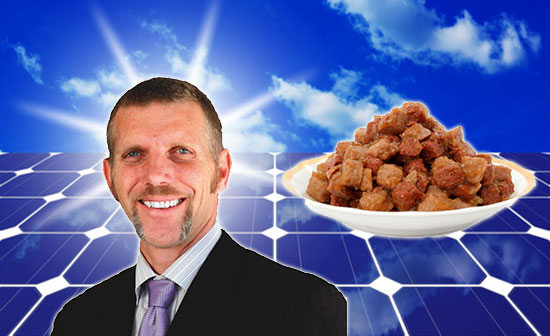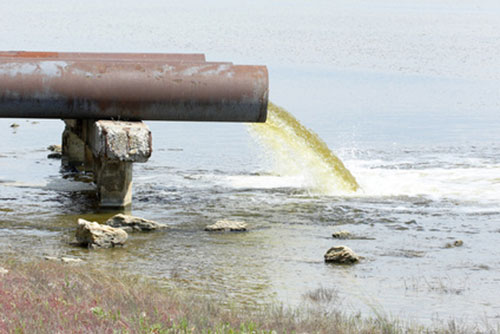One of the most important things you have to watch out for when buying solar is the warranties that are offered. All too often people end up going with a cowboy firm because they have been reassured by their “25 year solar panel warranty”. What many people don’t realise is that, in reality, this warranty can be worthless. You really need to understand how solar warranties work when you are buying a system that is designed to last 30 years or more, so you can separate the worthless promises from the genuine guarantees… [Read more…]
The 5 Golden Rules For Choosing A Solar Installer
Over the last four years, I’ve written thousands of words and made hours of videos answering the question:
“Finn – there are hundreds of solar companies out there – they all claim that “they are the best and everyone else is second rate or worse”!
How do I choose a good, honest, solar installer that will charge a fair price and look after me and my panels if anything goes wrong down the track?”
At the end of the day – if you follow these 5 golden rules you can’t really go wrong: [Read more…]
How To Choose A Good Solar Inverter
How do you choose a good solar inverter? It’s a really important question. If you choose a bad inverter, it may turn out to be noisy, inefficient and unreliable. If you have a look at the inverter reviews that are coming in to SQ, some inverters appear to have an awful failure rate. For example at the time of writing the Beijing Kinglong New Energy (KLNE) inverter reviews report 7 failures from 13 reviews! Ouch!
Here is my attempt to answer this important question. And I’ve provided a transcript of my rantings below the video. [Read more…]
Be Careful When Calculating Solar Panel Efficiency
One from the mailbag today that is bound to please fellow solar nerds:
Current solar PV regulations “a dog’s breakfast”
Nigel Morris of Solar Business Services has described current renewable industry regulations as being like a “dog’s breakfast”. And while his comments may not come as a surprise to many solar power insiders, the fact that he admitted feeling sympathy for utilities networks just might. [Read more…]
Solar Panel Direction: Which Way Should Your Solar Panels Face?
Should you point your solar panels North so that you get the maximum power from them?
Not necessarily…let me explain:
And here’s the transcript if you prefer reading: [Read more…]
How Do You Know If Your Roof Is Good For Solar Power?
Back to the absolute solar basics today on the SQ blog!
In this video I describe the 3 things you need to understand about your roof before buying a solar power system.
And here’s the transcript if my pink shirt gets too much for you: [Read more…]
Are your “Green” Solar Panels killing Chinese villagers?
If you are looking to invest in solar panels for environmental reasons, you’ll be pleased to know that, the solar electricity you will get from those panels will be 40 to 50 times less carbon intensive than electricity generated from coal.
But before you buy those solar panels and start basking in their green glow, you should be aware that the environmental impact of those panels might not be all good news. [Read more…]
Poly vs. Monocrystalline Solar Panels – Let’s put this argument to bed!
One steaming pile of Solar BS that you hear all the time from worst sales people in this industry – who will feed you any line to get a sale – is that polycrystalline panels are better than monocrystalline solar panels, or vice versa.
In this video I finally get off my chest why you should avoid anyone spouting such drivel:
Transcript follows if you don’t like listening to angry, sweary solar geeks, and I go into great detail about the two technologies over on the main site:





 RSS - Posts
RSS - Posts



Currently Raging Debates: